Choosing Between Revocable and Irrevocable Trusts
Rob Maitland
The Role of Trusts in Estate Planning
Trusts play a crucial role in estate planning, offering a structured way for individuals to manage and protect their assets. Whether it's real estate, bank accounts, or investments, a trust allows you to safeguard these assets for your beneficiaries. One essential decision in creating a trust is choosing between a revocable and irrevocable trust, based on your specific financial goals.Understanding What a Trust Is
In simple terms, a trust is a private legal entity created by a grantor to hold designated assets. A trustee is appointed to manage these assets, ensuring they are distributed according to the grantor’s wishes. This arrangement spells out who will benefit from your assets and under what conditions, all while maintaining privacy and control.Exploring Revocable Trusts
Revocable trusts are designed to offer flexibility and control to the grantor. With this type of trust, you maintain the ability to alter, amend, or entirely revoke the trust during your lifetime. This means you can make changes as your circumstances, financial goals, or family dynamics evolve. Here are some of the notable benefits:- Bypasses probate, ensuring easier and faster asset transfer to heirs.
- Allows retention of investment or retirement accounts which might not fit in an irrevocable trust.
- Provides financial management in case you become incapacitated.
- No elimination of estate taxes; assets remain part of your estate.
- State taxes still apply.
- Assets are vulnerable to lawsuits and creditors.
Diving into Irrevocable Trusts
Irrevocable trusts, on the other hand, require grantors to relinquish ownership of their assets once placed in the trust. This type is less flexible but can provide significant protections:- Potentially eliminates estate taxes, thus protecting more wealth for your heirs.
- Protects assets from creditors and legal judgments.
- Loss of control—you cannot easily modify or revoke the trust without beneficiary consent.
- The complexity and cost of setting up an irrevocable trust.
Choosing the Right Trust: Key Considerations
When deciding between a revocable and irrevocable trust, consider factors such as the size of your estate, tax planning goals, and the need for asset protection. Revocable trusts are ideal for those who value flexibility, whereas irrevocable trusts are appealing for individuals seeking tax benefits and asset protection. Ultimately, the right choice aligns with your personal and financial objectives.If you want to ensure your trust aligns with your unique estate planning needs, consult with our estate planning firm. We can help you navigate these options and identify the best strategy for your situation.
